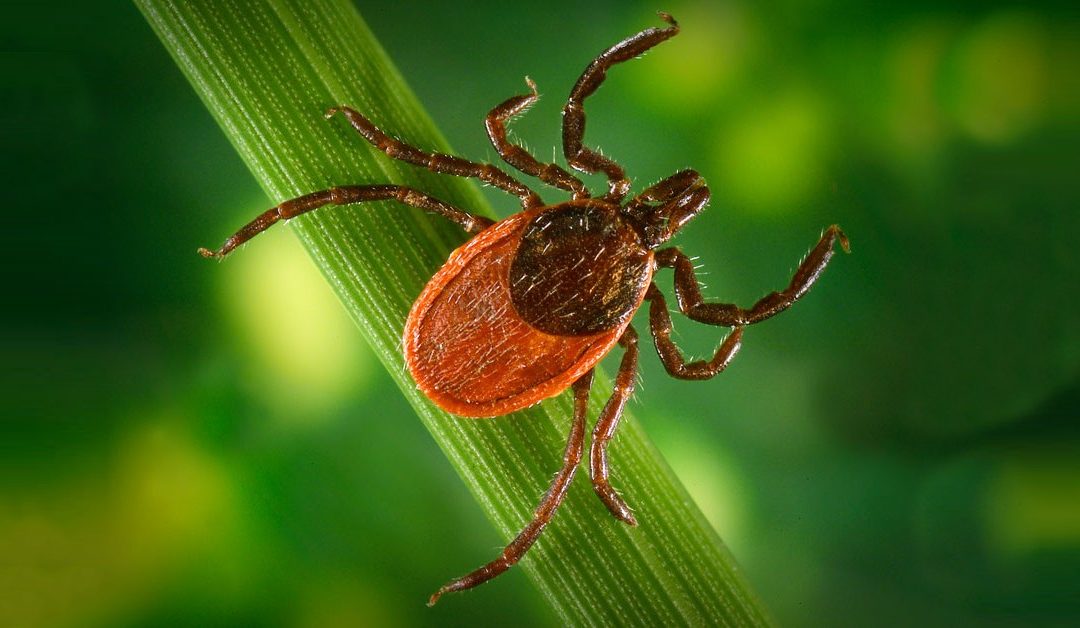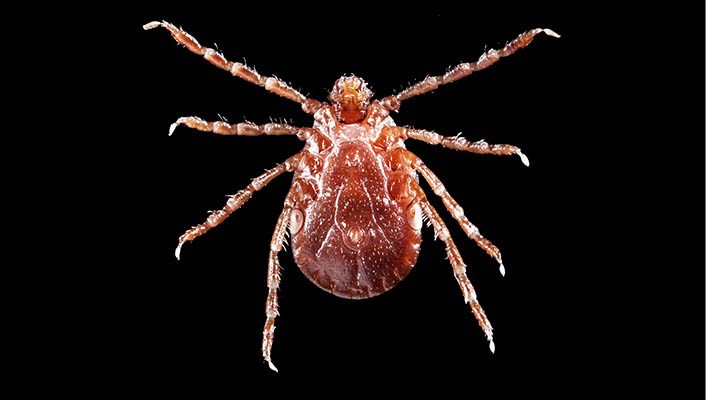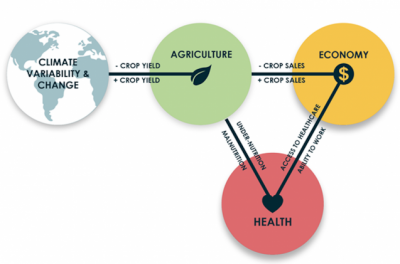
Xiaomeng Jin Uses Satellite Imagery to Track Ozone Formation
Jin’s research as a Ph.D. student at Columbia’s Lamont-Doherty Earth Observatory has yielded important information for air quality control efforts.

Jin’s research as a Ph.D. student at Columbia’s Lamont-Doherty Earth Observatory has yielded important information for air quality control efforts.

Researchers led by Maria Pilar Fernandez, a post-doctoral researcher at Columbia, have drawn on 17 years of data to develop a model that identifies areas in which the tick-borne illness is likely to emerge.

Climate change could worsen China’s already bad ozone pollution problem — but a new Columbia University study shows that it doesn’t have to be that way.

Found in Staten Island last summer, the tick is capable of transmitting disease and is spreading far faster than previously known. Public health officials are particularly concerned because the tick is able to quickly replicate itself.

A new textbook edited and written by researchers across Columbia gives the health community a primer on why, when and how climate information can and should be incorporated into health research, policy and practice.